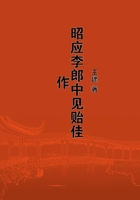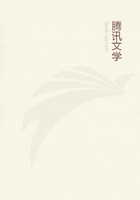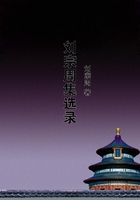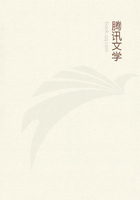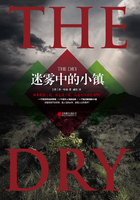It is easy enough to pick holes in the grammar of this letter, but what are we to say of its profound goodness and tenderness? It is written as though he had the mother's face before his eyes, and saw her wincing in the flesh at every word. And what, again, are we to say of its sober truthfulness, not exaggerating, not running to phrases, not seeking to make a hero out of what was only an ordinary but good and brave young man? Literary reticence is not Whitman's stronghold; and this reticence is not literary, but humane; it is not that of a good artist but that of a good man. He knew that what the mother wished to hear about was Frank; and he told her about her Frank as he was.
V.
Something should be said of Whitman's style, for style is of the essence of thinking. And where a man is so critically deliberate as our author, and goes solemnly about his poetry for an ulterior end, every indication is worth notice. He has chosen a rough, unrhymed, lyrical verse; sometimes instinct with a fine processional movement; often so rugged and careless that it can only be described by saying that he has not taken the trouble to write prose. I believe myself that it was selected principally because it was easy to write, although not without recollections of the marching measures of some of the prose in our English Old Testament.
According to Whitman, on the other hand, "the time has arrived to essentially break down the barriers of form between Prose and Poetry . . . for the most cogent purposes of those great inland states, and for Texas, and California, and Oregon;" - a statement which is among the happiest achievements of American humour. He calls his verses "recitatives," in easily followed allusion to a musical form.
"Easily-written, loose-fingered chords," he cries, "I feel the thrum of your climax and close." Too often, I fear, he is the only one who can perceive the rhythm; and in spite of Mr. Swinburne, a great part of his work considered as verses is poor bald stuff. Considered, not as verse, but as speech, a great part of it is full of strange and admirable merits.
The right detail is seized; the right word, bold and trenchant, is thrust into its place. Whitman has small regard to literary decencies, and is totally free from literary timidities. He is neither afraid of being slangy nor of being dull; nor, let me add, of being ridiculous. The result is a most surprising compound of plain grandeur, sentimental affectation, and downright nonsense. It would be useless to follow his detractors and give instances of how bad he can be at his worst; and perhaps it would be not much wiser to give extracted specimens of how happily he can write when he is at his best. These come in to most advantage in their own place; owing something, it may be, to the offset of their curious surroundings. And one thing is certain, that no one can appreciate Whitman's excellences until he has grown accustomed to his faults. Until you are content to pick poetry out of his pages almost as you must pick it out of a Greek play in Bohn's translation, your gravity will be continually upset, your ears perpetually disappointed, and the whole book will be no more to you than a particularly flagrant production by the Poet Close.
A writer of this uncertain quality was, perhaps, unfortunate in taking for thesis the beauty of the world as it now is, not only on the hill-tops but in the factory; not only by the harbour full of stately ships, but in the magazine of the hopelessly prosaic hatter. To show beauty in common things is the work of the rarest tact. It is not to be done by the wishing. It is easy to posit as a theory, but to bring it home to men's minds is the problem of literature, and is only accomplished by rare talent, and in comparatively rare instances. To bid the whole world stand and deliver, with a dogma in one's right hand by way of pistol; to cover reams of paper in a galloping, headstrong vein; to cry louder and louder over everything as it comes up, and make no distinction in one's enthusiasm over the most incomparable matters; to prove one's entire want of sympathy for the jaded, literary palate, by calling, not a spade a spade, but a hatter a hatter, in a lyrical apostrophe; - this, in spite of all the airs of inspiration, is not the way to do it. It may be very wrong, and very wounding to a respectable branch of industry, but the word "hatter" cannot be used seriously in emotional verse; not to understand this, is to have no literary tact; and I would, for his own sake, that this were the only inadmissible expression with which Whitman had bedecked his pages. The book teems with similar comicalities; and, to a reader who is determined to take it from that side only, presents a perfect carnival of fun.

